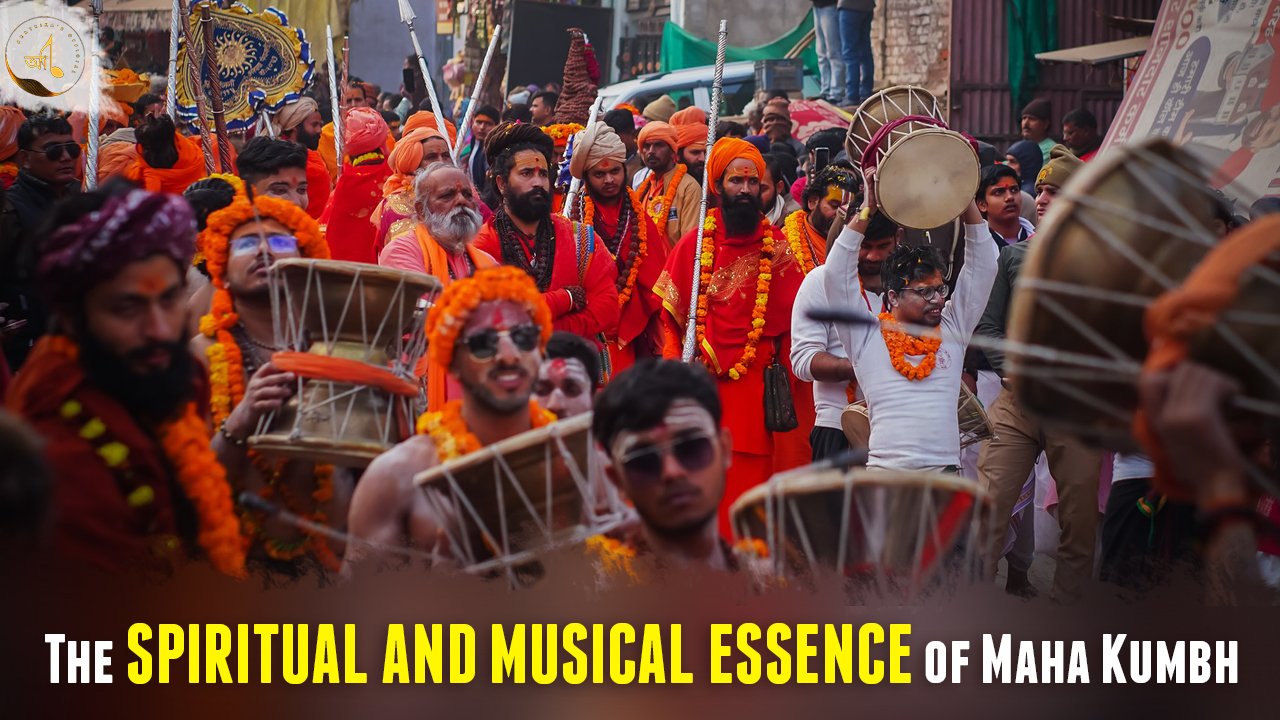Classical music is a genre of Western art music dating from the period between the Middle Ages and the Romantic Era, which developed in Europe during the sixteenth and seventeenth centuries. This article will explore the history of classical music, beginning with its roots in medieval times and ending with its modern incarnation as jazz, rock, pop and more.
The Early Baroque Period
The early baroque period was a time of great change in music. It was characterized by the use of a new style of music called the fugue, which is defined as an independent composition with several themes or movements that are combined into one piece. Fugues were originally used in church music and were also used to teach children about harmony and counterpoint (harmony means “to sing”). For example, if you wanted to learn how to play an instrument such as the violin or cello, you would probably practice playing simple melodies on your instrument until they sounded good enough so that others could hear them without having any problems hearing what they sounded like coming out from their mouths through speakers attached onto each instrument's neck respectively (the violinist would hold his hand over one end while playing certain notes while holding down another end). Then once he had gotten comfortable enough doing this task well enough without making mistakes too often during practice sessions then maybe later down the road when he starts getting better at playing these types of pieces it may become easier still because now all he needs do is just listen closely instead looking away from where he's sitting down near his left side instead looking towards where someone else might be sitting across from him who might be playing another type short piece written by someone else who knew how long ago .
The Classical Period
The classical period was a time of great innovation and change. It saw the rise of new styles and techniques, as well as an increased focus on composers' personal lives. The classical music that emerged during this time is known as "classical" because it was written in a very formal style, based on principles established by earlier composers like Bach, who were mostly court musicians serving Catholic rulers in Germany.
The Classical era began with Haydn's Symphony no. 98 (1788) and Beethoven's Symphony no. 5 (1808). These two pieces set out some important characteristics of early 19th century classical music: they are written for large orchestras rather than smaller groups; they have clear themes which are developed over several movements; their harmonies use triads instead of chords built from more than three notes at once; each movement ends with an abrupt pause before proceeding into another section without any repeats or finales added after long pauses.
The Romantic Period
The Romantic period is the time when music was about feelings. The composers who lived during this time were inspired by nature and by the past. They also were inspired by their own feelings, which made them write in a very emotional way.
Many people think of classical music as being boring and old-fashioned, but Romantic composers can be seen as creating new styles of music that are just as popular today as they were hundreds of years ago!
The Twentieth Century
The 20th century was a very important time for classical music. It saw the rise of new styles and genres, as well as a lot of experimentation with sound and instruments. A lot of great composers came to prominence during this time.
- Igor Stravinsky (1882–1971) – Russian composer, pianist and conductor who composed ballets, operas and orchestral works; one of his best known works is The Rite of Spring from 1913 which was inspired by his dislike for traditional Western music values
- Edvard Grieg (1843–1907) – Norwegian composer who wrote many pieces based on folk melodies such as Peer Gynt Suite Opus 46 no 7 "Morning Mood" which gained popularity throughout Europe during its lifetime (1865– 1908). His most popular piece today is Peer Gynt's Wedding March which you can hear here!"
History of classical music is important when learning about classical music
When you're learning about classical music, it's important to understand the history of classical music. This will help you understand the composers and their works that are part of your classical music today.
In order to understand how this happened, we need to go back in time and see what led up to this point.
Conclusion
Classical music is a fascinating and complex subject that can be difficult to understand. The history of classical music reveals many interesting facts about the development of this genre, as well as its roots in other musical traditions. In short, we have come a long way from when Italians first began playing their instruments and singing together.






